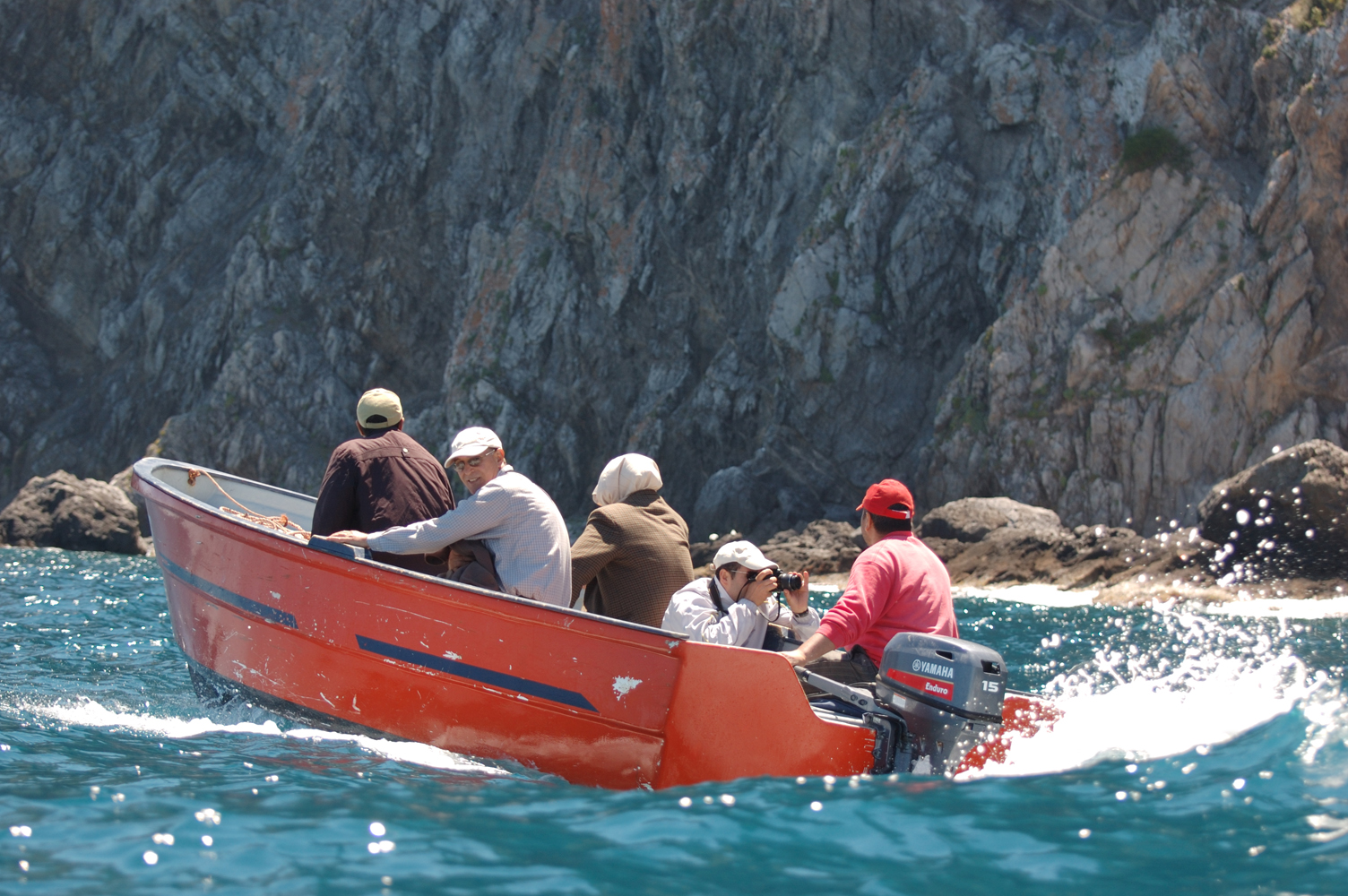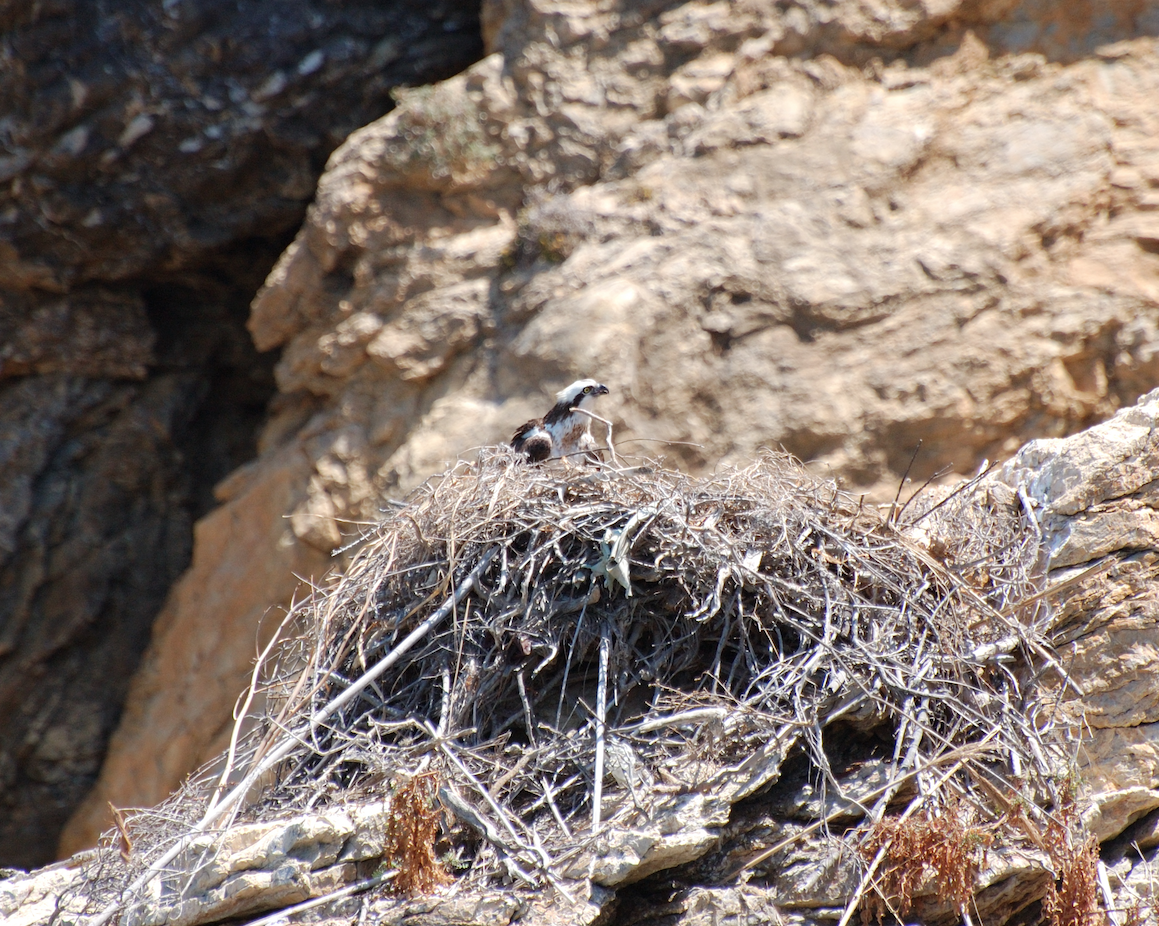

Goals
- Improving the knowledge about threatened species by conducting targeted research and monitoring.
- Involving local communities in the management of coastal and marine resources, biotopes, and threatened populations.
Process
A workshop was organized to launch the project and to establish a climate of trust between the stakeholders. At least 50 representatives of the Gendarmerie, the Maritime Fisheries Department of the High Commissariat for Water and Forests and Desertification, the local fishing communities and the NGO AGIR joined the participatory workshop.
A multiparty caretaking committee was elected to involve all stakeholders. The committee is presided by the Governor of Al Hoceima Province.
The AGIR team and the fishermen are equipped to participate in a study of monitoring and participatory evaluation regarding the conservation state of resources and habitat. Monitoring of threatened flagship species is led in coordination with the relevant authorities.
Weekly field trips were organized for the monitoring of the surveillance and control program of illegal activities within the MPA.
A scientific report reflects on the new conservation state (habitat restauration, threatened species, and marine resources).
- The establishment of a climate of trust between communities as well as state and institution partners, prior to the actual project launch
- Mastering adaptive management methods and the participatory education of a great number of artisanal fishermen
- The organization of participatory workshops to identify and correct the threats that put pressure on the entire ecosystem
- The weekly monitoring and participatory caretaking field trips must be prepared in consultation with the administration
- In order to involve the local population, at least twenty participants, among them artisanal fishermen from the cooperatives, are being supported and educated. This education aims to give them the means to contribute to the monitoring and participatory evaluation studies regarding the conservation status of resources and habitats and the monitoring of threatened flagship species.
- It is necessary that the workshops take the fishermen’s schedule into consideration (during bad weather periods or breaks)
- At least 30 % of the local population has to be affected by the sensitization campaign on the protection of flagship species in the MPA. This campaign, carried out during the first year of the project, has to be supported by the participation of local and national media.